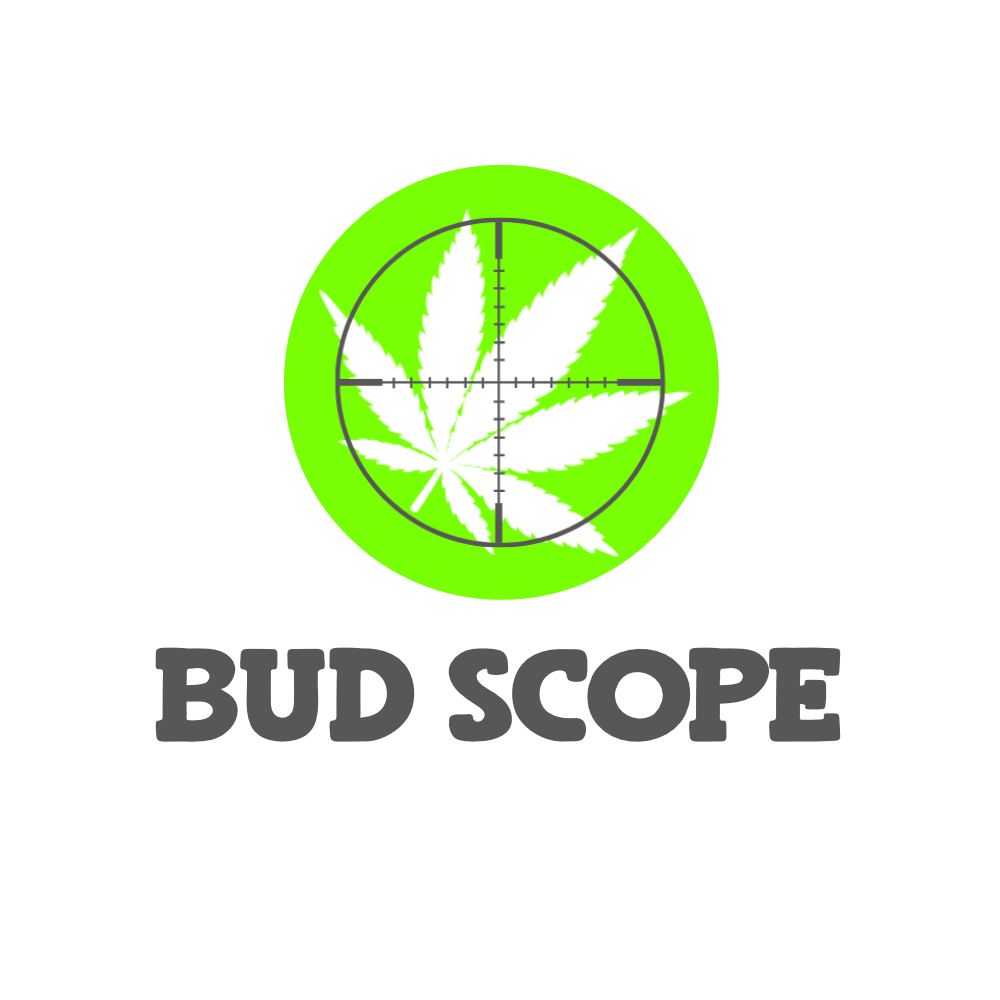Tags: Cannabis Compounds
Medical and Pharmacological Aspects
- THCA can be used in cannabis or hemp-based products to screen for THC.
- It can be consumed as a supplement for various illnesses, although medical applications are not fully established.
- THCA has limited conversion to THC, acting as a slight prodrug for THC.
- It exhibits immuno-modulating effects and anti-inflammatory activity.
- THCA binds and activates PPARγ with higher potency than decarboxylated products.
Chemistry and Analysis
- THCA has two isomers, THCA-A and THCA-B, with different carboxylic acid group positions.
- It is formed from cannabigerolic acid through oxidocyclization by THCA-synthase.
- THCA is unstable and slowly decarboxylates into THC during storage.
- Decarboxylation of THCA to THC is not complete when heated or burned.
- THCA can be detected in individuals who consume cannabis.
- Phytocannabinoids, including THCA, have unique chemical properties essential for understanding cannabis constituents.
- The crystal and molecular structure of THCA has been studied for pharmacological insights.
Legal Status and Regulations
- THCA is not scheduled by the United Nations Convention on Psychotropic Substances.
- In the United States, THCA is not federally scheduled but could be considered an analog of THC.
- Laboratory analysis of THCA may generate THC due to decarboxylation during handling.
- Post-decarboxylation methods are specified for total THC testing under the Farm Bill and USDA.
- THCA is subject to regulations under the Convention on Psychotropic Substances and the Federal Controlled Substance Analogue Act.
Research and Studies
- Research published in the British Journal of Pharmacology supports THCA as a potent PPARγ agonist with neuroprotective activity.
- LC-MS/MS is used for detecting THCA in human fluids, aiding in monitoring cannabis consumption.
- Detailed studies on the chemistry and analysis of phytocannabinoids, including THCA, provide insights for understanding cannabis constituents.
Applications and Consumption
- Isolated THCA is available in select dispensaries in crystalline powder form.
- THCA can be smoked or vaporized in devices like bongs or dab rigs for psychoactive effects.
- It can be encapsulated for consumption.
- Understanding THCA presence in bodily fluids aids in various analyses.
- Legal frameworks surrounding THCA influence its use and research.
Tetrahydrocannabinolic acid Data Sources
| Reference | URL |
|---|---|
| Glossary | https:/glossary/tetrahydrocannabinolic-acid |
| Wikipedia | https://en.wikipedia.org/wiki/Tetrahydrocannabinolic_acid |
| Wikidata | https://www.wikidata.org/wiki/Q7706541 |
| Knowledge Graph | https://www.google.com/search?kgmid=/m/0j_5ft6 |
| DBPedia | http://dbpedia.org/resource/Tetrahydrocannabinolic_acid |
| Product Ontology | http://www.productontology.org/id/Tetrahydrocannabinolic_acid |
